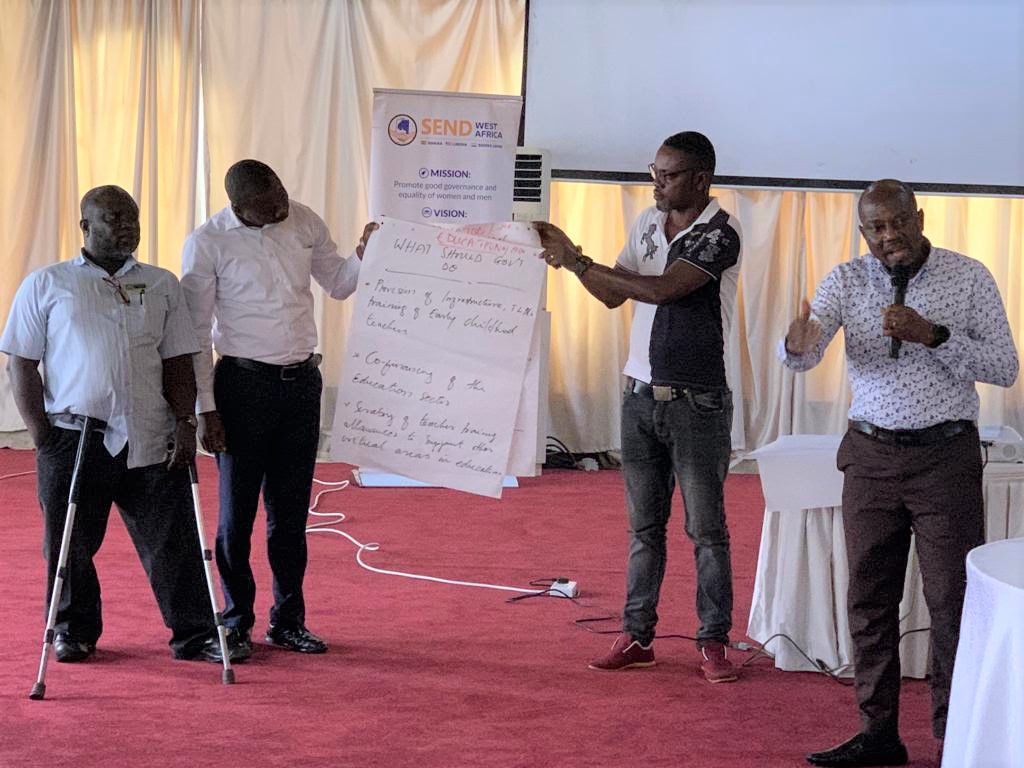By Yussif Ibrahim
Kumasi, Sept. 4, GNA – As part of efforts to promote participatory and inclusive governance, SEND Ghana has organised public fora to collate inputs of stakeholders into the 2023 Budget Statement and Economic Policy.
Since 2015, the organisation has been engaging stakeholders in water and sanitation, health, education, social protection and gender ahead of the national budget to collate their views for consideration in the final document.
One of such engagements has been held in Kumasi for stakeholders from the Ashanti, Bono, Bono East, Ahafo and Western North regions with funding from the United Nations Children Fund (UNICEF) and OXFAM.

Participants came from Civil Society Organisations, the Ministries, Departments and Agencies, the traditional councils, and the media.
Madam Harriet Nuamah Agyemang, the Senior Programmes Manager of SEND Ghana, said her outfit had been using the budget process as a conduit to influence decision-making, especially in programmes planning and the respective budgetary allocations.
The goal, she said, was to ensure citizens were deeply involved in the governance process as enshrined in the Constitution.
“Our Constitution, decentralisation and financial policies provide space for citizens to share their thoughts and be involved in their own governance through planning, implementation and monitoring of programmes,” she said.
Madam Agyeman said the national budget expressed government’s intentions for the development of the country, hence the need for the citizenry to contribute to its formation to reflect their aspirations.
Dr Alex Amankwah-Poku, the Head of Budget Development and Reforms at the Ministry of Finance, said stakeholder consultation was critical to budget preparation because it enabled the Government to present a budget that was responsive to the needs of the people.
He commended SEND Ghana for enriching the budget process by creating platforms for citizens’ participation.
The participants called on government to increase funding for social intervention programmes to help support the vulnerable in the society, while raising concerns over some anomalies in the implementation of the Free Senior High School and the School Feeding Programme.
GNA